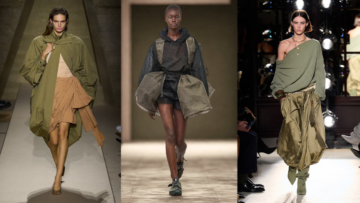
India’s textiles and garments industry has urged the government to introduce a range of fiscal and policy measures — including tax concessions for new units, depreciation allowances, interest subvention, and rationalisation of key schemes — to mitigate the impact of recent US import tariffs. The proposals were submitted during pre-budget consultations ahead of the Union Budget 2026–27.
According to sources familiar with the matter, representatives of the textile and garment sector, including exporters, recently met the Textiles Secretary to present their concerns. They requested both tax and non-tax relief measures, citing the adverse impact of US tariffs on Indian manufacturers.
The textile and garment sector remains one of India’s largest employers, providing jobs to over 45 million people. The industry, valued at around US $ 174 billion, is projected to grow to US $ 350 billion by 2030, according to government estimates.
However, the additional 50% US import tariff imposed in August has sharply affected India’s export competitiveness, particularly as rival nations such as Vietnam and Bangladesh face lower tariffs of around 19–20%.
Data from the Global Trade Research Initiative (GTRI) showed that exports of textiles, garments, and made-ups fell 37% between May and September 2025 — from US $ 944 million to US $ 597 million. Garment exports declined 44%, home textiles 16%, and yarn and fabrics 41%. Within garments, knitted apparel exports fell 39%, woven apparel 50%, and girls’ suits 66%.
The United States continues to be India’s largest export market for textiles and apparel, accounting for nearly 29% of total exports worth US $ 37.7 billion in 2024–25.
Industry bodies further proposed reinstating the concessional corporate tax rate of 15% under Section 115BAB of the Income Tax Act to support the establishment and expansion of new manufacturing units. They also recommended allowing an accelerated depreciation allowance of 100% over two years for export-oriented enterprises to strengthen liquidity and encourage investment in modernisation and capacity expansion.
Additionally, exporters requested that duty-free imports of trims and accessories under the Import of Goods at Concessional Rates (IGCR) Rules be extended beyond direct exporters to include intermediate suppliers and deemed exporters.
The industry’s submissions collectively emphasised the need for liquidity support, competitive taxation, and simplified import regulations to help the sector navigate trade headwinds and sustain export growth amid global uncertainty.






